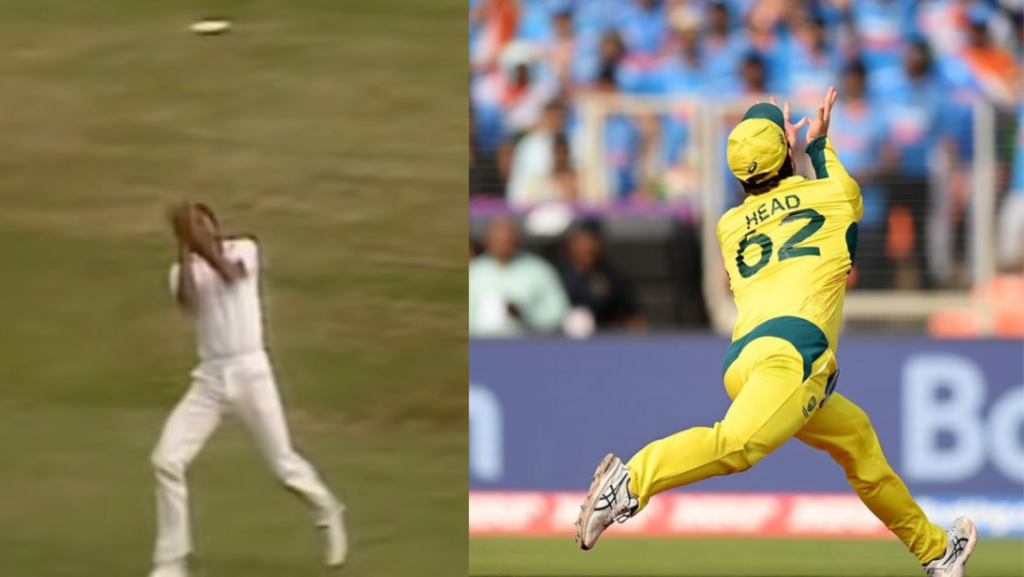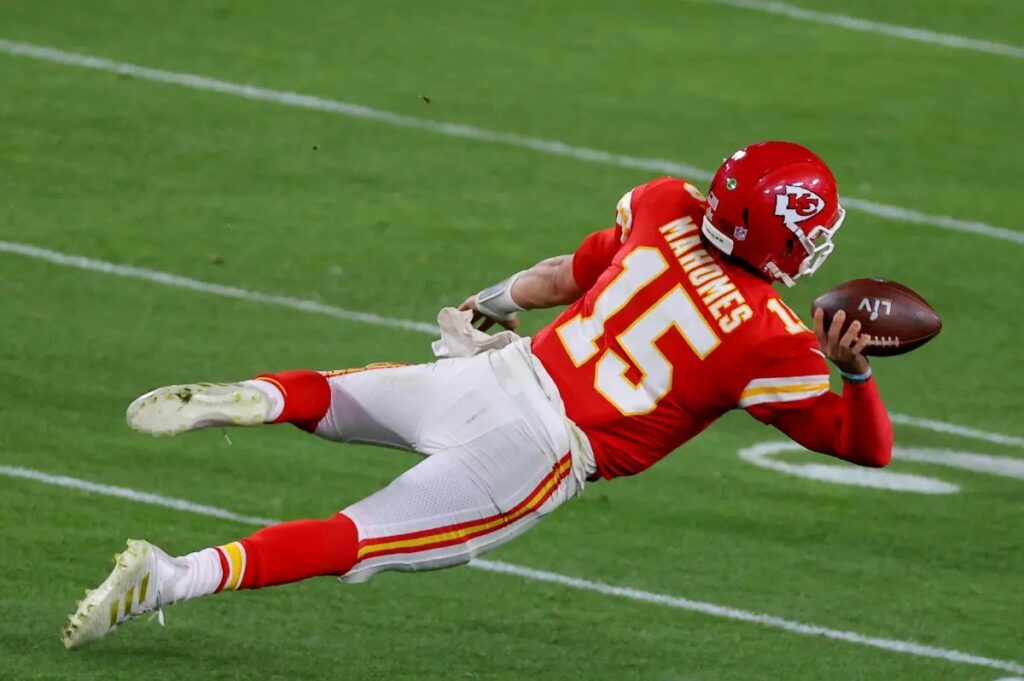
Two World Cup finals, just over 40 years apart. Two sensational catches. How different would Indian cricket’s history book read if they hadn’t been taken? Would the sport be the national obsession that it is now, and would those that play it be comparable to the biggest sporting icons worldwide?
Imagine this. Kapil Dev has stationed himself at mid-off, in order to be closer to the bowler. When Viv Richards pulls a short ball from Madan Lal, Indian spectators in the stands at Lord’s rise in anticipation of a catch. But though the fielder at midwicket puts in a valiant effort to try and get to the ball, it falls in no-man’s land a couple of yards ahead of him. Richards goes on to make an unbeaten hundred as West Indies romp to a third straight World Cup title.
More than 40 years on, Rohit Sharma miscues one on to the off-side after a blazing start in the World Cup final. Travis Head turns and chases. A despairing dive gets hands on the ball, but it spills agonisingly out of his fingers when the elbows hit the ground.
These scenarios are hardly outrageous. In fact, more than nine times out of ten, they would have played out exactly like this. The catches that Kapil and Head took were exceptional. They probably couldn’t be replicated.
What if those catches hadn’t been taken? With no World Cup win in 1983, there would likely have been no tournament on the subcontinent in 1987. Would the Tendulkar-Ganguly-Dravid-Kumble generation have been inspired to take up the sport seriously if India had lost the 1983 final? Without the bargaining chip of a World Cup win, would the likes of NKP Salve, Jagmohan Dalmiya and IS Bindra have been able to play hardball with their administrative counterparts in England and Australia? How much longer might Indian cricket’s road to modernity have been? And without a Tendulkar and the golden generation, would we have something like the IPL now?

As for the Head catch, if Rohit had gone on to convert a blistering cameo into an innings of genuine substance, India would likely have ended up with a total in excess of 300. Those kind of scores don’t get chased down in big finals, even if you’re Australia. And in the aftermath of a historic World Cup win, there wouldn’t have been the current air of unease and uncertainty regarding Indian cricket’s future. No matter how many matches India win in the coming months, they won’t be able to shake off the grey blanket of negativity without ending a major-trophy drought that now stretches well beyond a decade.
Why do we mention this now? On Sunday night in Las Vegas, the Kansas City Chiefs and San Francisco 49ers played the Super Bowl, the American Football showpiece that brings that USA to a standstill for a few hours every year. The Chiefs won with seconds remaining in overtime – the longest Super Bowl in nearly six decades, and easily among the most dramatic.
Years after events such as these, the narrative will only be about the victors – the genius of Patrick Mahomes at quarterback, the coaching of Andy Reid, the improvised plays that made the comeback possible.
But sport is always about sliding doors. In the fourth quarter of regulation time, the 49ers scored a go-ahead touchdown that put them three points in front. In the NFL, the extra-point conversion is almost taken for granted. Misses are nearly as much of an event as snow in the Sahara. But Jake Moody’s kick was blocked, and in the minutes remaining, Mahomes and the Chiefs marched downfield to get the field goal that took the game to overtime.
A misplaced pass (Toninho Cerezo, Brazil, 1982), a fumble (Herschelle Gibbs, Headingley, 1999), being run out inches short of the crease (MS Dhoni, Old Trafford, 2019) – often, it’s the almost innocuous that stands between a team and sporting immortality. For the fans of the side that wins, it becomes a picture-postcard moment or a video clip that never gets old. For the losers, the what-ifs can keep you awake at night for decades.
Kapil’s catch changed the course of Indian cricket history. We have yet to see the exact impact that Head’s grab will have on the current generation.
Also Read: Celebrating GR Viswanath, Hero of Yesteryear, as he Turns 75



